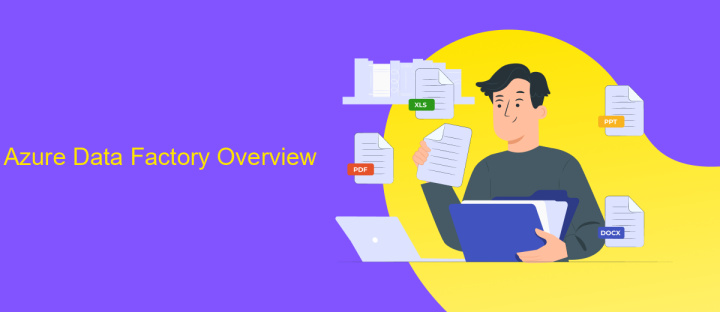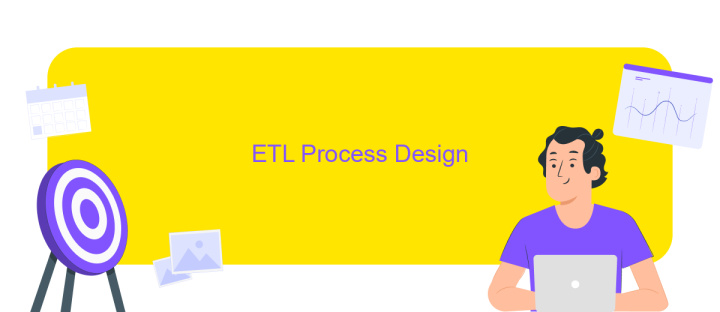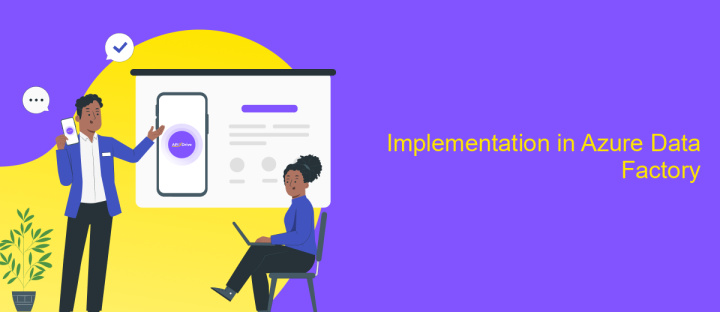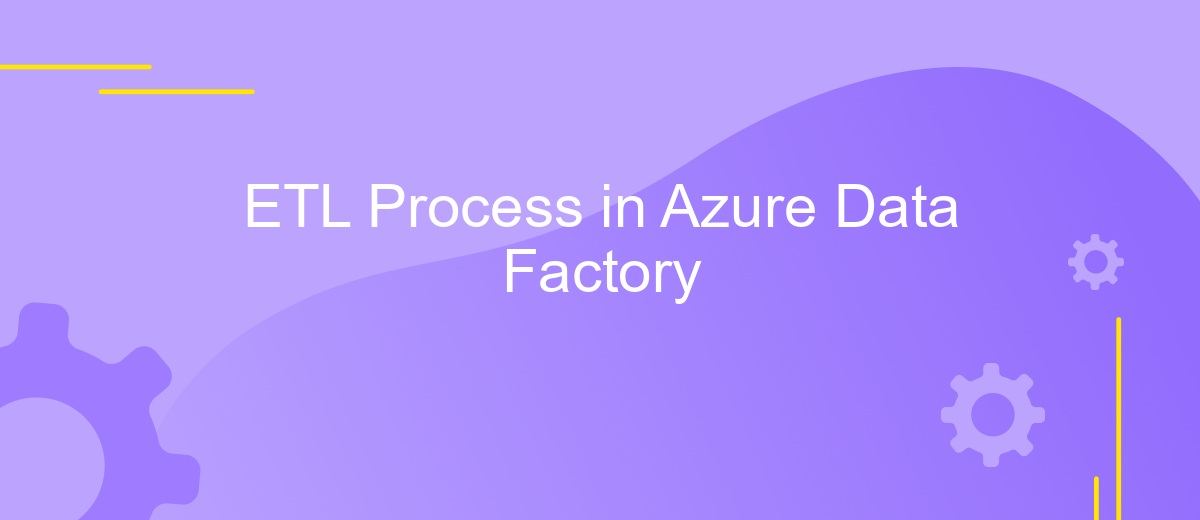ETL Process in Azure Data Factory
The ETL (Extract, Transform, Load) process is a cornerstone of data integration and analytics. Azure Data Factory offers a robust, scalable solution for orchestrating ETL workflows in the cloud. This article explores how to leverage Azure Data Factory to efficiently extract data from various sources, transform it to meet business needs, and load it into target systems for analysis and reporting.
Introduction
Azure Data Factory (ADF) is a cloud-based data integration service that allows you to create data-driven workflows for orchestrating and automating data movement and data transformation. It is a powerful tool for building ETL (Extract, Transform, Load) processes, enabling you to manage data from various sources and transform it into actionable insights.
- Extract: Connect to a wide range of data sources, including on-premises and cloud-based systems.
- Transform: Clean, aggregate, and transform data using data flows or custom code.
- Load: Load the transformed data into your desired destination, such as a data warehouse or a data lake.
In addition to ADF, tools like ApiX-Drive can further simplify the integration process by providing a user-friendly interface for setting up data integrations. ApiX-Drive supports a variety of applications and services, making it easier to automate data workflows without extensive coding knowledge. By leveraging these tools, businesses can streamline their ETL processes, ensuring efficient and reliable data management.
Azure Data Factory Overview

Azure Data Factory (ADF) is a cloud-based data integration service that allows you to create data-driven workflows for orchestrating and automating data movement and data transformation. It is designed to handle complex hybrid extract-transform-load (ETL), extract-load-transform (ELT), and data integration projects. With ADF, you can easily construct data pipelines that can ingest data from various sources, process it, and then publish the results to different destinations, all without writing a single line of code.
ADF supports a wide range of data sources, including on-premises databases, cloud-based data stores, and SaaS services. It offers a rich set of built-in connectors and activities to facilitate seamless data integration. Additionally, for more advanced integration needs, you can leverage services like ApiX-Drive, which simplifies the process of connecting and automating workflows between different systems and applications. ApiX-Drive can be particularly useful for setting up integrations without extensive coding, thereby enhancing the capabilities of your ADF pipelines.
ETL Process Design

Designing an ETL process in Azure Data Factory involves several critical steps to ensure data is efficiently extracted, transformed, and loaded. The process begins with understanding the source data and determining the requirements for the target system. This helps in creating a blueprint for the ETL workflow.
- Identify and connect to data sources: Use Azure Data Factory to connect to various data sources, such as SQL databases, cloud storage, or APIs.
- Define data transformation logic: Utilize Data Flow in Azure Data Factory to design the transformation logic, such as data cleaning, aggregation, and enrichment.
- Configure data loading: Set up the target data destinations, ensuring they are optimized for the incoming data format and volume.
- Monitor and manage: Implement monitoring and logging to track the ETL process performance and handle any errors effectively.
Leveraging tools like ApiX-Drive can enhance the integration process by providing seamless connectivity to various APIs, further simplifying the extraction and loading stages. Properly designed ETL processes in Azure Data Factory ensure data integrity, improve performance, and support scalable data workflows.
Implementation in Azure Data Factory

Implementing the ETL process in Azure Data Factory (ADF) involves several steps to ensure data is efficiently extracted, transformed, and loaded. ADF provides a robust platform for orchestrating data workflows, enabling seamless integration across various data sources and destinations.
To start, create a new data pipeline in Azure Data Factory. This pipeline will serve as the framework for your ETL process, allowing you to define the sequence of activities. Use the copy activity to extract data from your source systems, such as SQL databases, cloud storage, or on-premises data stores.
- Define data source connections using linked services.
- Configure datasets to represent data structures.
- Use data flows for complex transformations.
- Schedule and monitor pipeline execution with triggers.
For enhanced integration capabilities, consider using ApiX-Drive to connect various services and automate data transfers between them. This can streamline the process, reducing manual effort and improving data accuracy. Ultimately, Azure Data Factory, combined with tools like ApiX-Drive, provides a comprehensive solution for managing ETL workflows in the cloud.
- Automate the work of an online store or landing
- Empower through integration
- Don't spend money on programmers and integrators
- Save time by automating routine tasks
Best Practices and Considerations
When designing an ETL process in Azure Data Factory, it is crucial to implement best practices to ensure efficiency, reliability, and scalability. Start by thoroughly planning your data flow and transformations, keeping in mind the volume and frequency of data. Utilize Azure Data Factory’s built-in monitoring and alerting features to track pipeline performance and promptly address any issues. Additionally, leverage Data Factory’s integration with other Azure services like Azure Databricks for advanced data transformations and Azure Synapse Analytics for large-scale data warehousing.
Security and compliance should be top priorities when handling sensitive data. Implement role-based access control (RBAC) to restrict access to your data pipelines and use managed identities for secure service-to-service authentication. For seamless integration with various data sources and destinations, consider using ApiX-Drive. This service simplifies the process of connecting and automating data flows between multiple platforms, reducing the complexity of your ETL setup. Regularly review and optimize your pipelines to maintain performance and cost-efficiency as your data landscape evolves.
FAQ
What is Azure Data Factory?
How does Azure Data Factory handle data transformation?
What are the key components of an ETL process in Azure Data Factory?
How can I automate and integrate Azure Data Factory with other systems?
What are the security features in Azure Data Factory?
Apix-Drive is a universal tool that will quickly streamline any workflow, freeing you from routine and possible financial losses. Try ApiX-Drive in action and see how useful it is for you personally. In the meantime, when you are setting up connections between systems, think about where you are investing your free time, because now you will have much more of it.


